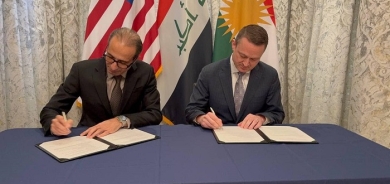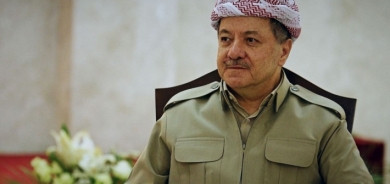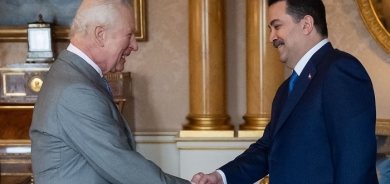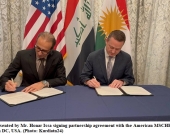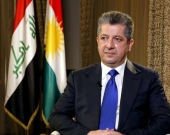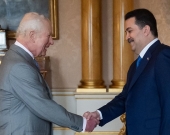KRG to Investigate on 18 Kurdish Girls Sent to Egypt Case

On Wednesday August, 7, officials of Kurdistan Regional government announced in a press conference their readiness to seriously investigate on the case of all 18 Kurdish girls who were sent to Egypt by former Baath regime during Anfal operation against Kurdish nation.
An Episode of an Egyptian series Niran Sadeeqa [Friendly Fire] that is aired on the Saudi channel MBC for the Muslim holy month of Ramadan has rekindled a public outrage among Kurds on social networks recently about the story of 18 Kurdish girls and women who were sent to Egypt by the Saddam Hussein regime to be forced into sex slavery about a quarter of a century ago.
In the scene, a young Egyptian protagonist appears talking to a man who is apparently working for his father about how 18 Kurdish girls and women who were captured by the Saddam Hussein regime in the Anfal operations in Kurdistan ended up in his night club. The man replies that he has no authority and that he is just following orders [the protagonist's father]. When the protagonist talks to his father how and why he had accepted to force the Kurdish women into working in the night club, the father replies “Son, isn't it better for them [to live] than to die like others [Kurds] who die on a daily basis [in Iraq]?” referring to the Anfal operations.
“No, it is better for them to die. At least they die martyrs. It is more honorable for them to die than to be forced into working in the night club” the young man replies to his father.
Anfal was a series of military operations aimed at crushing the Kurdish revolt in the 1980s. In the campaign, the Iraqi army destroyed 5,000 Kurdish villages and rounded up to 182,000 civilian Kurds among them women and children, killed them and buried them in mass graves.
The mention of the Kurdish girls and women created a public outrage especially because an Iraqi intelligence document surfaced on the social networks a few years ago according to which the Kirkuk provincial office confirmed to the general intelligence office in Baghdad that they had sent the women to Egypt to be used in the “night clubs” and the document included a list of the names of all the girls and women who aged between 14 and 29 years.
The letter from the Kirkuk office which is dated December 20th 1989 and is addressed to the general intelligence office, states: “After [receiving] immediate authorization from the political leadership and carrying out the First Anfal and Second Anfal operations,www.ekurd.net in which a group of different people were captured among them a group of girls whose ages range between (14 – 29), we have, as per your orders, sent a number of those girls to the brothels and night clubs in the Arabic Republic of Egypt as you ordered. Attached is a list of the names of those girls and their ages for your reference”.
All those years the surviving families of the girls and women thought their loved ones had been killed in the Anfal campaign until the intelligence document which is marked "highly classified" appeared on the social media.


